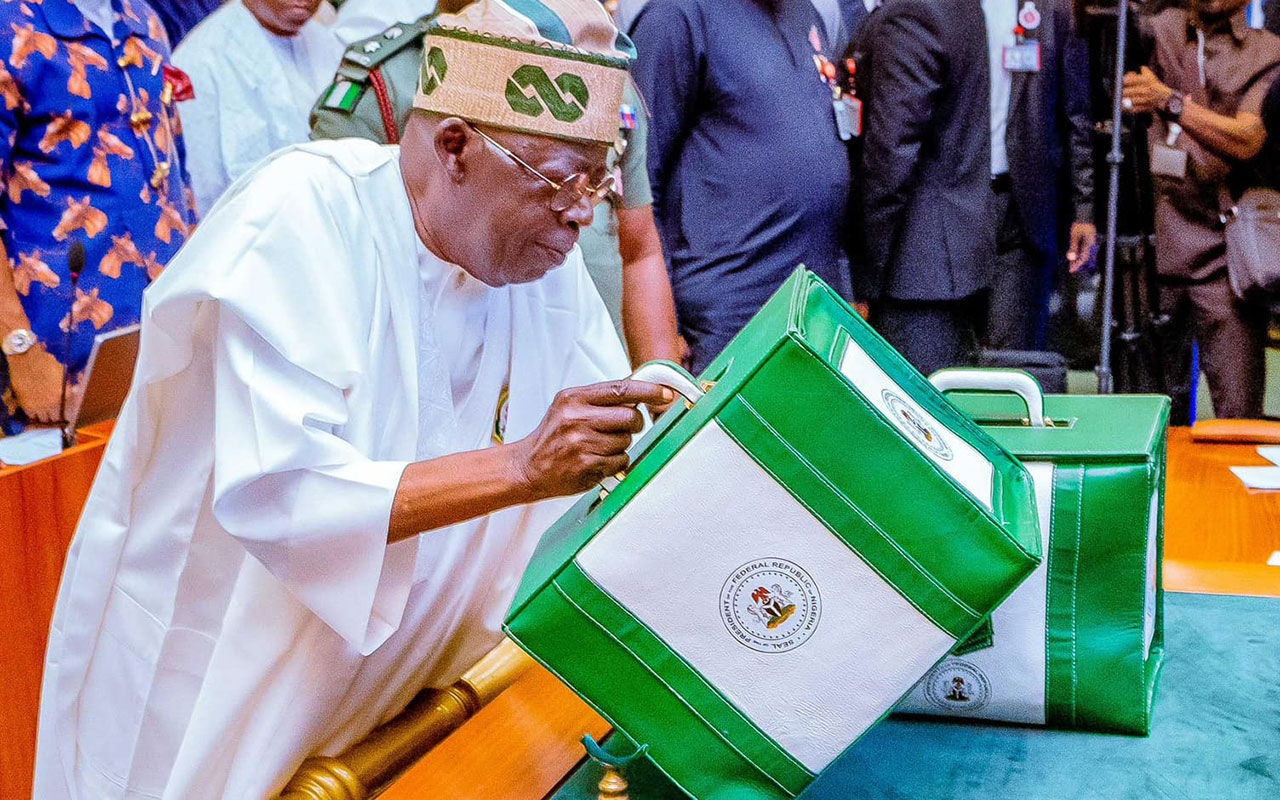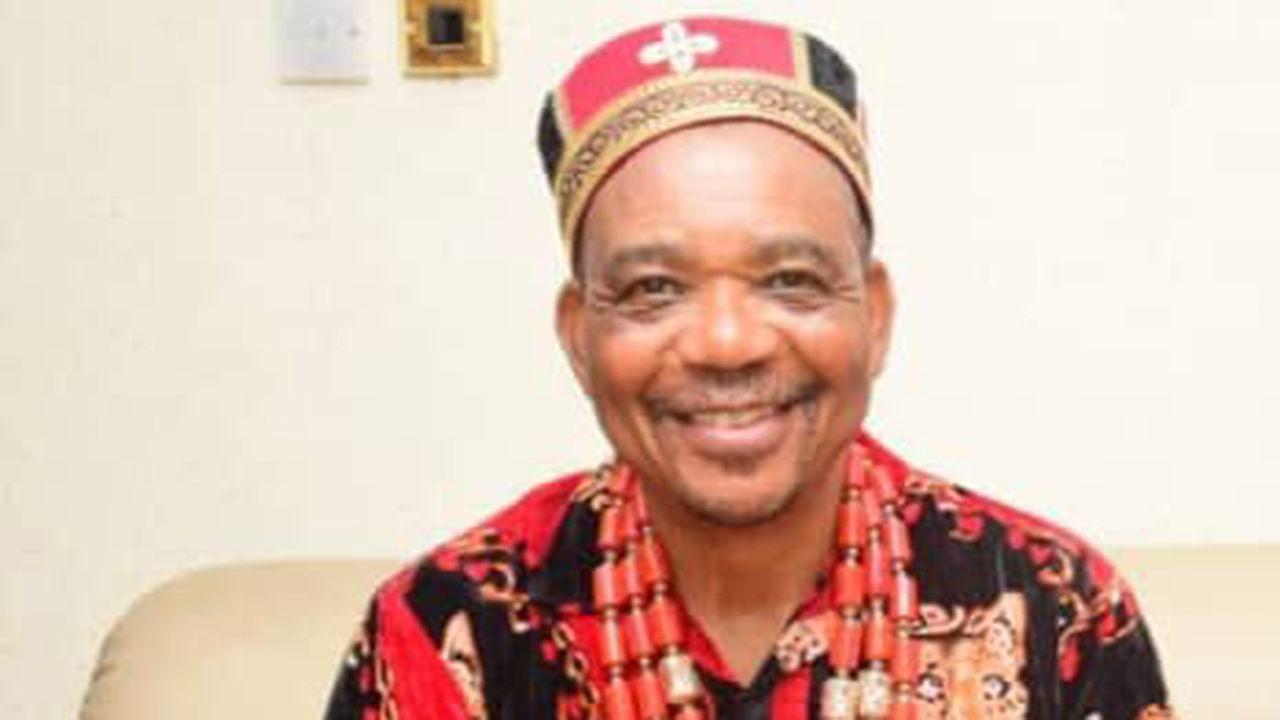• Kwankwaso urges FG to halt growing insecurity in Kano border towns
• ‘Tinubu engaging traditional rulers to strengthen security, governance’
• Sanusi urges vigilance to overcome incursion
Senate President Godswill Akpabio says it is the responsibility of the government to restore peace and unity in Plateau State and Nigeria, adding that no foreign intervention can bring lasting stability to the country.
Relatedly, the leader of the New Nigeria Peoples Party (NNPP), Rabiu Musa Kwankwaso, urged the Federal Government to take decisive measures to halt the growing security challenges along border communities in Kano State.
Speaker of the House of Representatives, Tajudeen Abbas, said President Bola Tinubu is engaging traditional rulers to strengthen security and governance in line with his Renewed Hope Agenda.
While visiting the troubled Faruruwa community in Shanono Local Council, following the incessant incursions by bandits, the Emir of Kano, Muhammadu Sanusi II, yesterday called for vigilance to overcome criminals.
Speaking on Saturday at the Jos Polo Field during the formal reception of defectors to the All Progressives Congress (APC) in the state, Akpabio urged Nigerians to also take ownership of the peace process. He reaffirmed Tinubu’s commitment to addressing violence in the state and across the country.
“We are calling on God, the Almighty, to help us at the centre to bring peace to Plateau. Anybody who will rule Plateau must be committed to peace. This is the only party that cares for you.
“I stand here representing the President, and to assure you that we will do everything possible to ensure you have peace. It is not people outside that will come and give you peace. It is we who must bring peace. We must live in peace with one another. Nigeria must have peace for progress to come,” he said.
SPEAKING during the weekend at the 4th convocation of Skyline University in Kano, Kwankwaso warned that recent attacks should not be underestimated.
The former governor of Kano State added, “The security challenges in Kano, especially along the border with Katsina State, must not be taken lightly. Lives and property are at risk, and the government must act decisively to protect the people.”
Recalling that Kano was historically one of the safest states in northern Nigeria, he noted that banditry intensified in Tsanyawa, Shanonu, Bagwai, Gwarzo, and Karaye local councils, where criminals reportedly cross over from neighbouring states to commit crimes in the state before returning to their bases. He noted that banditry, which started like a joke in Zamfara, has spread to Sokoto, Kebbi, and parts of Kaduna.
“Kano and Jigawa were once safe, but recent attacks from neighbouring Katsina show the problem is growing,” he added. Kwankwaso criticised the act of entering into an accord with bandits, saying that the accords create safe havens for criminal activities.
Meanwhile, a Yoruba socio-political group, Yoruba for Democratic Values (YDV), raised alarm over rising insecurity in the South-West, warning that some farmers across the region have abandoned their farmlands due to persistent attacks by bandits and criminal herders.
The group issued the warning in a statement signed by its convener, Debo Adeniran, yesterday while reacting to recent security concerns and comments by United States President Donald Trump on alleged religious persecution in Nigeria.
MEDIA aide to the Speaker, Musa Krishi, noted yesterday at the handover of utility vehicles to traditional rulers in the southern part of the country that the economic reforms introduced by the President were beginning to yield visible gains despite the initial difficulty experienced by citizens.
Abbas, who facilitated the handing over of the vehicles through the Small and Medium Enterprises Development Agency of Nigeria (SMEDAN), noted that economic measures rolled out by the administration had been “tough but necessary” and required patience and sacrifice.
SANUSI called for expanded community vigilance and support for security agencies to overcome the criminal invasion from the neighbouring Katsina State.
Speaking during a sympathy visit to the community, Sanusi said the increasing wave of attacks in the area demanded greater attention and proactive support from traditional institutions, government and local vigilante groups.






